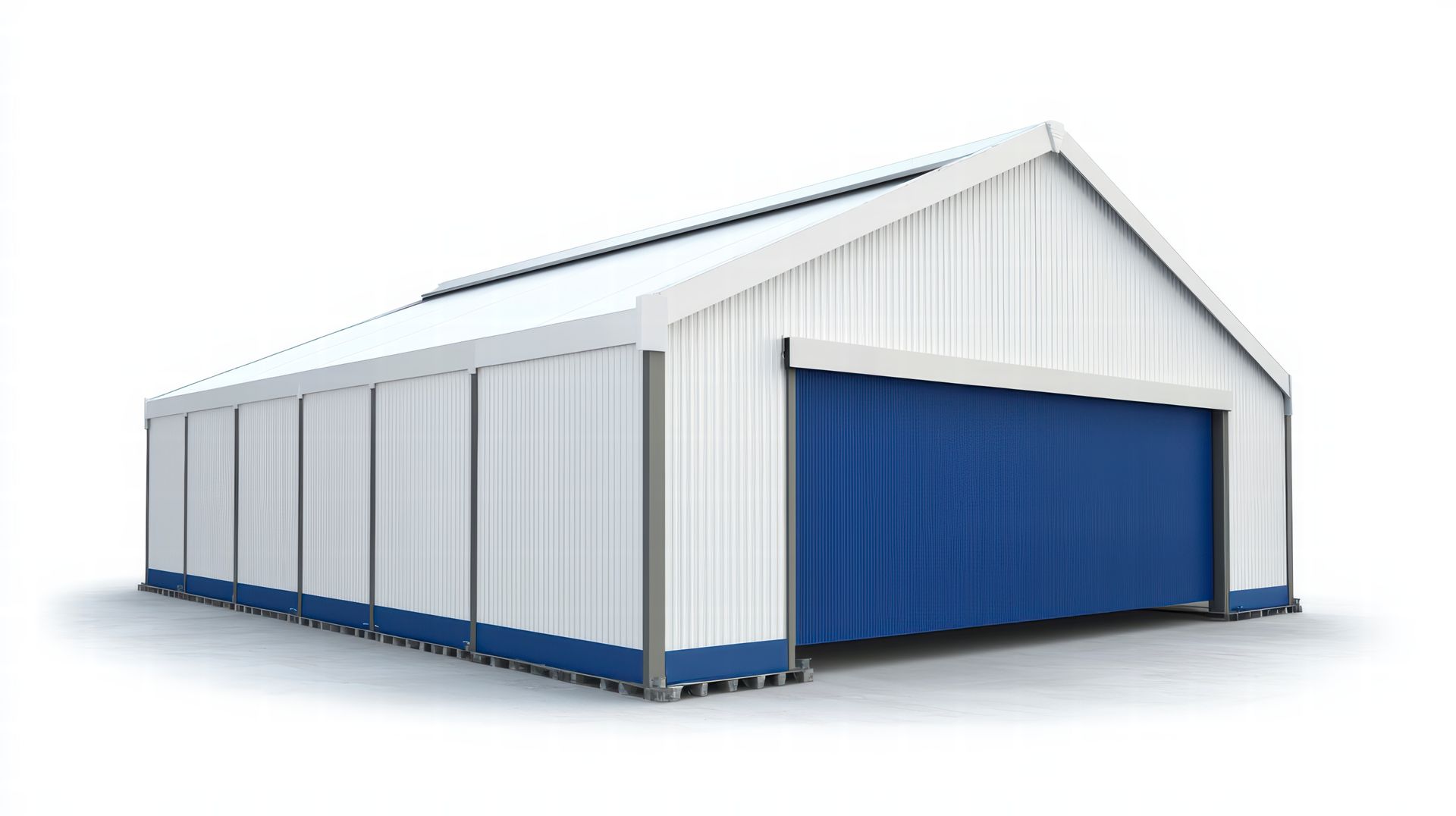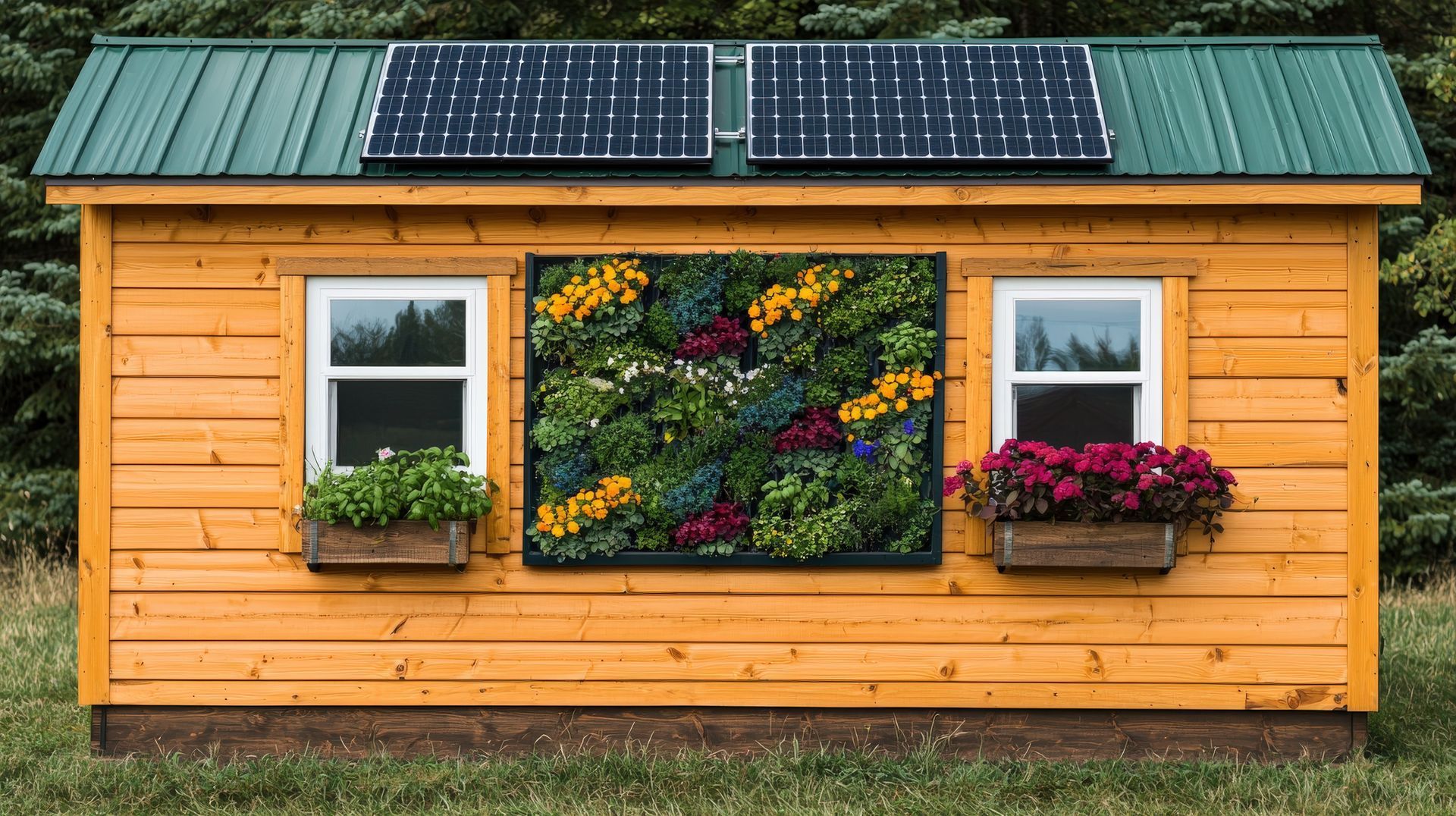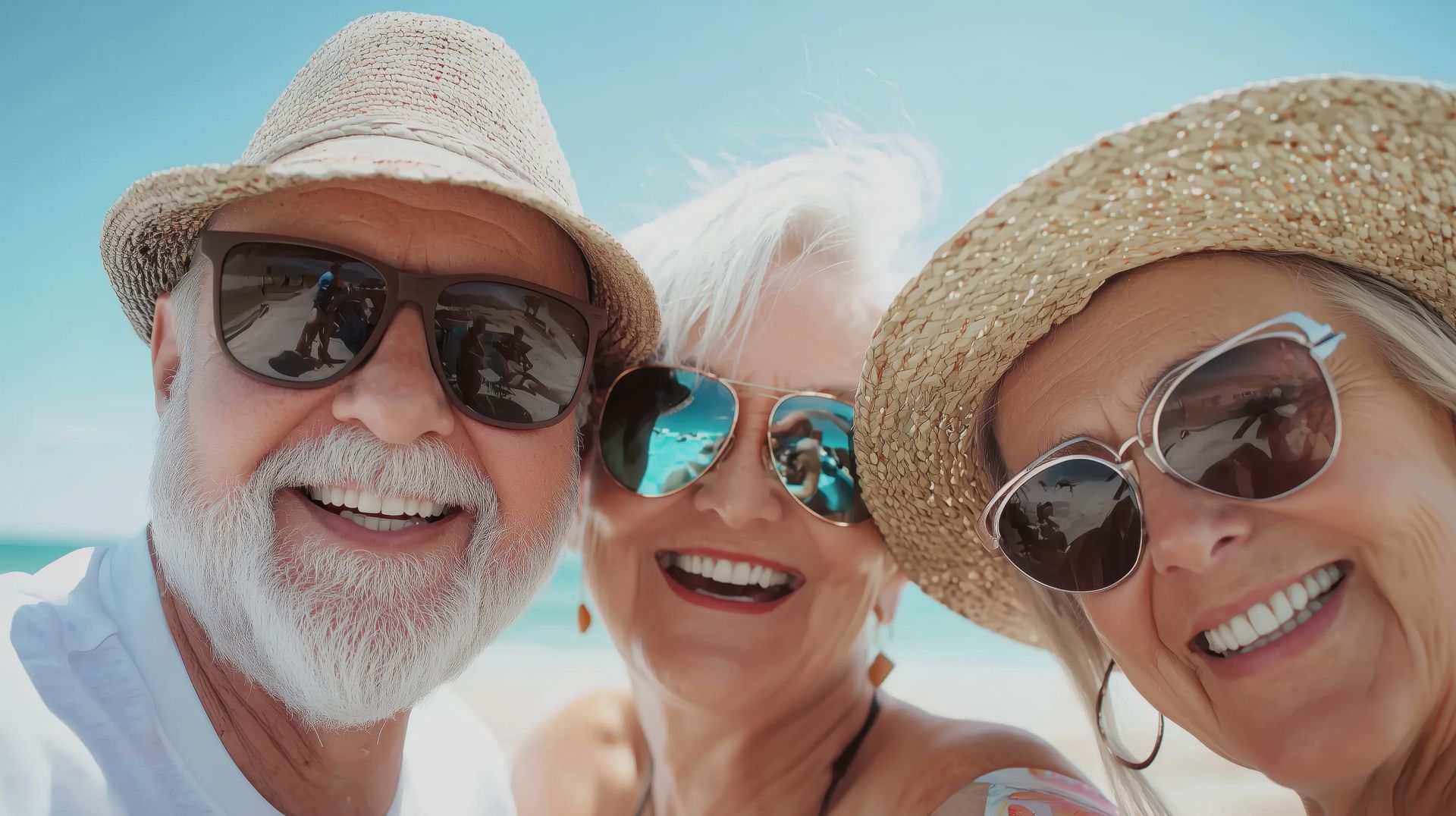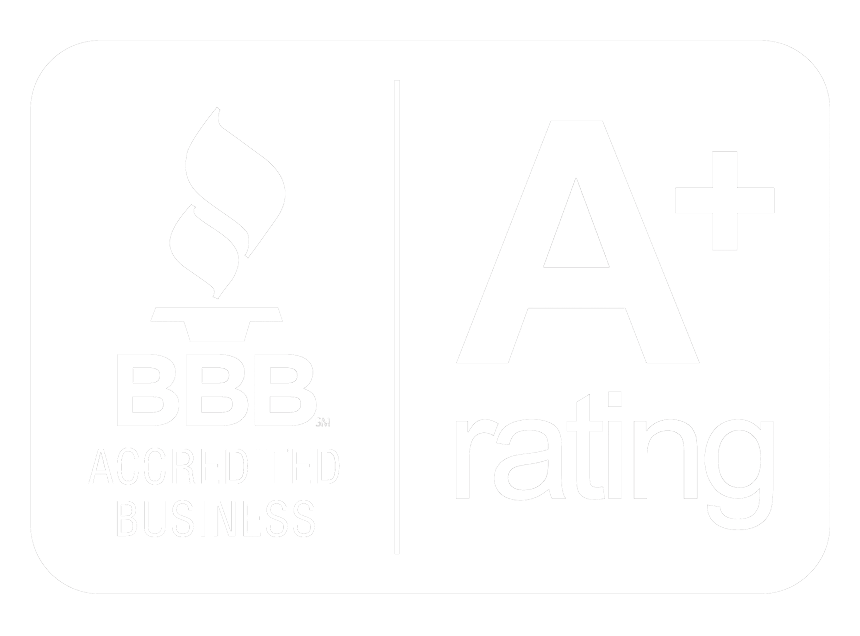
For those living in coastal regions, the beauty of oceanfront views and cool sea breezes comes with an often-overlooked challenge—salt air. While the refreshing Gulf Coast atmosphere is great for relaxation, it can be incredibly harsh on buildings, particularly portable structures that may not have been designed with salt air exposure in mind.
Salt-laden moisture accelerates corrosion, degrades building materials and shortens the lifespan of many conventional structures. However, with the right materials and maintenance strategies, you can keep your portable building, tiki outdoor kitchen or pole barn in excellent condition for years to come.
How Salt Air Affects Building Materials
Salt air carries fine particles of salt that settle onto surfaces, absorbing moisture from the air and creating an environment where corrosion and deterioration thrive. Depending on the type of material, exposure to salt air can cause different types of damage:
- Metal: Unprotected steel and iron are especially vulnerable to rust, which weakens the structural integrity of the building over time. Even galvanized metals can deteriorate if not properly maintained.
- Wood: Salt air speeds up moisture retention in wood, leading to warping, rotting and mold growth. Without proper treatment, wooden structures degrade much faster in coastal environments.
- Vinyl and Plastic: While vinyl siding and plastic components don’t corrode, they can become brittle over time due to prolonged UV and salt exposure, leading to cracking and fading.
Why Aluminum and LP Smart Siding Are Ideal for Coastal Areas
At Bestway Portable Buildings Inc., we prioritize durability, which is why our standard siding option is painted aluminum with a lifetime guarantee against rust and corrosion. Aluminum is highly resistant to salt air and requires minimal maintenance, making it the ideal choice for coastal regions.
Additionally, we offer LP Smart Siding, an engineered wood product treated to resist moisture, fungal decay and insect damage. Unlike traditional wood, LP Smart Siding provides a durable and attractive alternative without the risk of rot and warping.
For garages, our aluminum siding and roofing materials are fastened with 1 ½-inch screws and neoprene washers, providing a tight, weather-resistant seal that prevents salt-laden moisture from seeping into the structure.
Protecting Your Portable Building from Salt Air Damage
While choosing the right materials is the first line of defense, proper maintenance is equally essential to extending the lifespan of your portable building in a coastal environment.
Regular Cleaning
One of the simplest yet most effective ways to prevent salt buildup is by regularly rinsing down your building with fresh water. A monthly hose-down can help remove salt deposits before they cause corrosion or damage. Pay special attention to seams, fasteners and exposed metal surfaces where salt tends to accumulate.
Apply Protective Coatings
For extra protection, applying a corrosion-resistant coating or clear sealant to exposed metal surfaces can create an additional barrier against salt air. Many high-quality aluminum sidings, like those offered by Bestway Portable Buildings Inc., already come with protective coatings, but occasional reapplication can help prolong their durability.
Inspect Fasteners and Joints
Salt air can work its way into small crevices, accelerating corrosion in screws, washers and joints. Conduct regular inspections to ensure that all fasteners remain in good condition and replace any rusted or corroded components promptly.
Keep Vegetation Trimmed
Coastal winds often carry moisture-laden salt particles, which can settle onto nearby surfaces. By keeping bushes, vines and other vegetation away from your portable building, you reduce the likelihood of salt accumulation and mold growth in shaded, humid areas.
Ensure Proper Ventilation
Good airflow inside and around your portable building helps prevent condensation buildup, which can lead to rust and mold issues. Consider installing vents or using dehumidifiers inside enclosed portable structures to keep humidity levels in check.
Why Invest in a Salt-Air-Resistant Portable Building?
Investing in a portable building designed for coastal environments is a smart decision for homeowners, businesses and anyone looking to maximize longevity while minimizing maintenance costs. A poorly designed structure may save you money upfront, but frequent repairs and premature replacements can quickly add up.
At Bestway Portable Buildings Inc. in Panama City, FL, we know the challenges of coastal environments. Our aluminum and LP Smart Siding options offer the best combination of durability, low maintenance and long-term performance against salt air exposure.
Protect Your Investment with Our Team in Panama City, FL
Don't let salt air degrade your portable building. Invest in high-quality materials and proper maintenance for long-lasting durability.
If you’re looking for a portable building that can handle the coastal climate, contact Bestway Portable Buildings Inc. today here on our website or give us a call at (850) 747-8974. Our expert team can help you choose the best materials and designs for your specific needs, giving you peace of mind that your investment is built to last.





